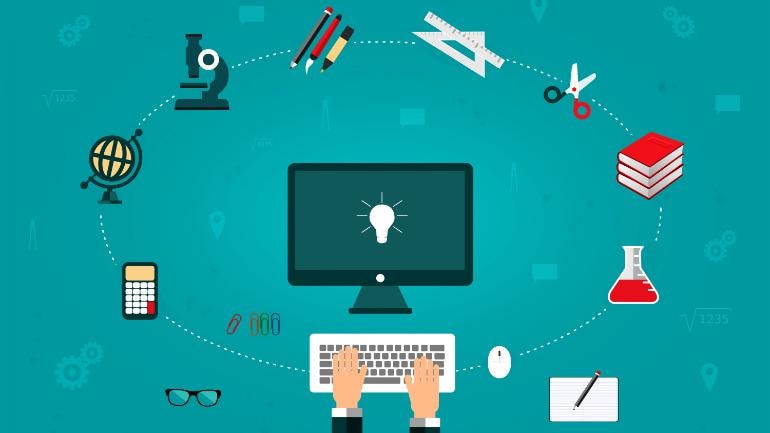These first few weeks have me reflecting on what education is to me and how everyone's encounter with it does not necessarily reflect the same as my own. I have quickly realized that there is no right answer to what education is, it is what is most useful to the individual. My concept of what education is has been influenced by my own experiences; causing the creation of a subconscious bias. Reflecting on the first few weeks of the course content, it is extremely evident how there are many external influences on STEM education. Some of the ones that caught my attention were the growing use of technology within a classroom and its impact on education, as well as the influence of various teaching pedagogies. As someone who is not directly in the STEM field, I have thoroughly enjoyed listening to my peers' insights on the topics from their STEM perspectives.
Diving into our discussions about the impact of technology in today's society, it highlights how evident the use of technology is in the classroom. One of the quotations from the readings that resonated with me most was "The world is changing. No one debates that point. What is less obvious, however, is that pace of change is changing," (Davis et. al., 2019). This quotation is extremely relatable to how technology's presence in our education system is constantly changing in our schools and society. Referring back to my original thought on what education is, I strongly believe that technology is becoming a key aspect of education, whether we like it or not. Much like the quotation mentioned, change is inevitable, and it is our duty as teachers to adapt our practices to incorporate this change into the classroom. The quotation does not solely relate to technology, but it relates to the ever-changing educational system, and it is our job to adapt to these changes for the sake of our students.
In the more recent weeks, we discussed the differences in teaching pedagogies, and once again, it emphasizes the notion that there is no right or wrong relating to pedagogies; it should be what is most useful. Our class discussions portrayed this idea perfectly; we all had preferences for various theories and it did not make any of us more right than the other, all that matters is we are able to justify our reasonings in relation to the needs of the students. This means that our own biases influence what pedagogies we prefer, but this can change once we enter a classroom and dissect what pedagogies will support the class the best. As of right now, it is common that our ideas are influenced by how we are in a classroom, as a student. However, once we become teachers, our pedagogies may change depending on the needs of the students. Being able to adapt our practices is one of the most important traits in order to be the best teachers possible for our students.
Davis, B., Francis, K., & Friesen, S. (2019). STEM. In STEM education by design: Opening horizons of possibility (pp. 1-12). essay, Routledge.

Comments
Post a Comment